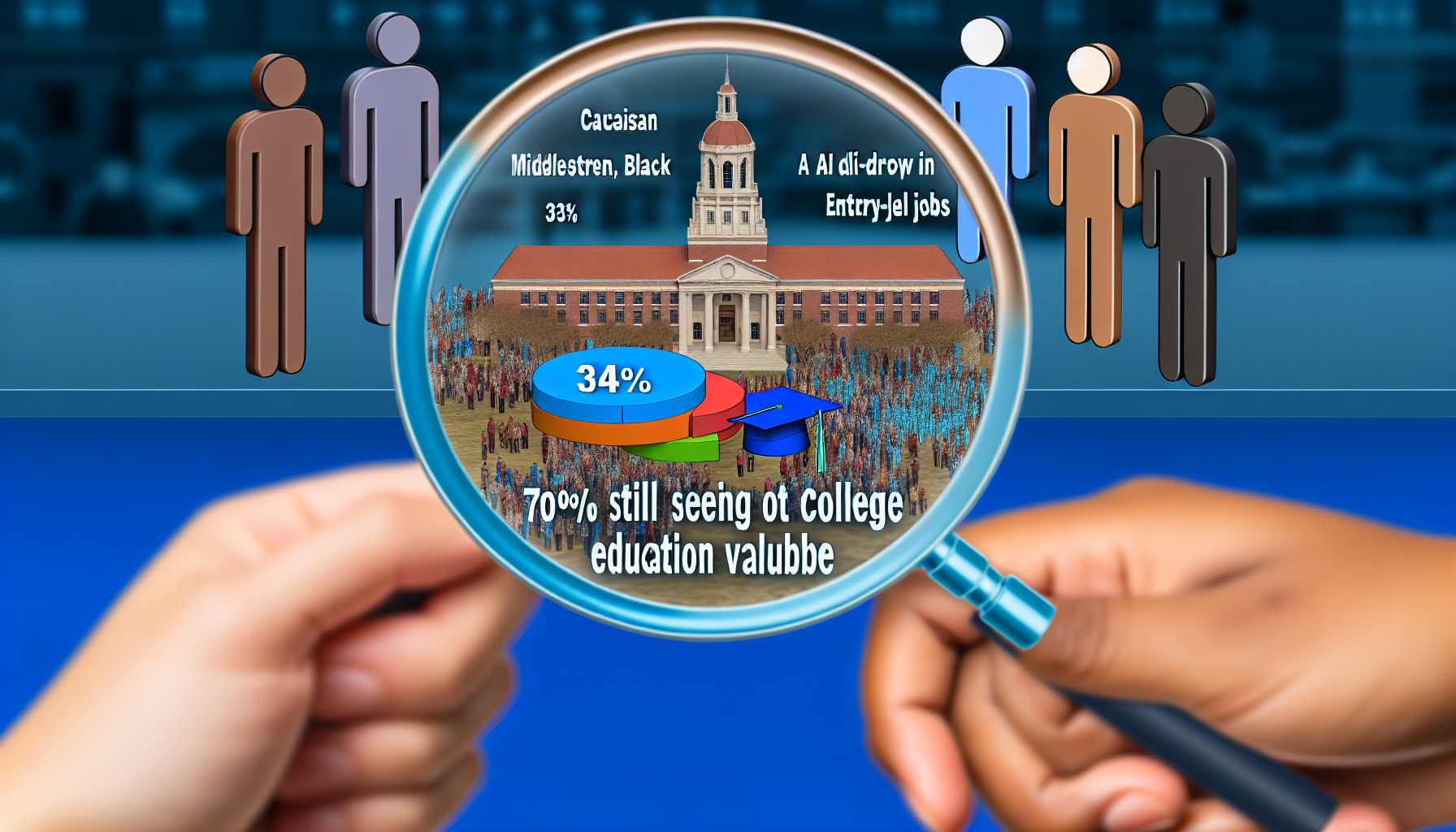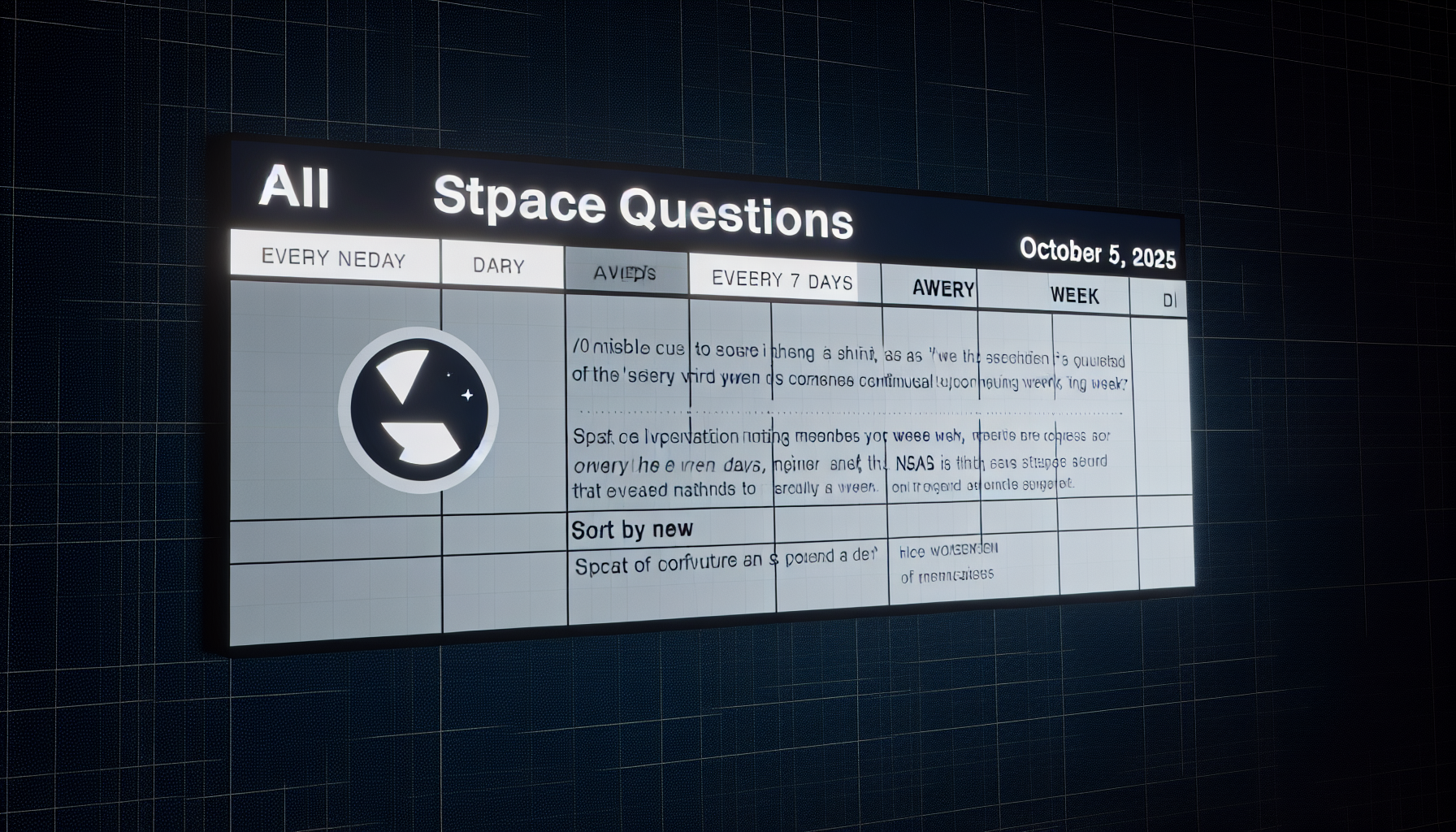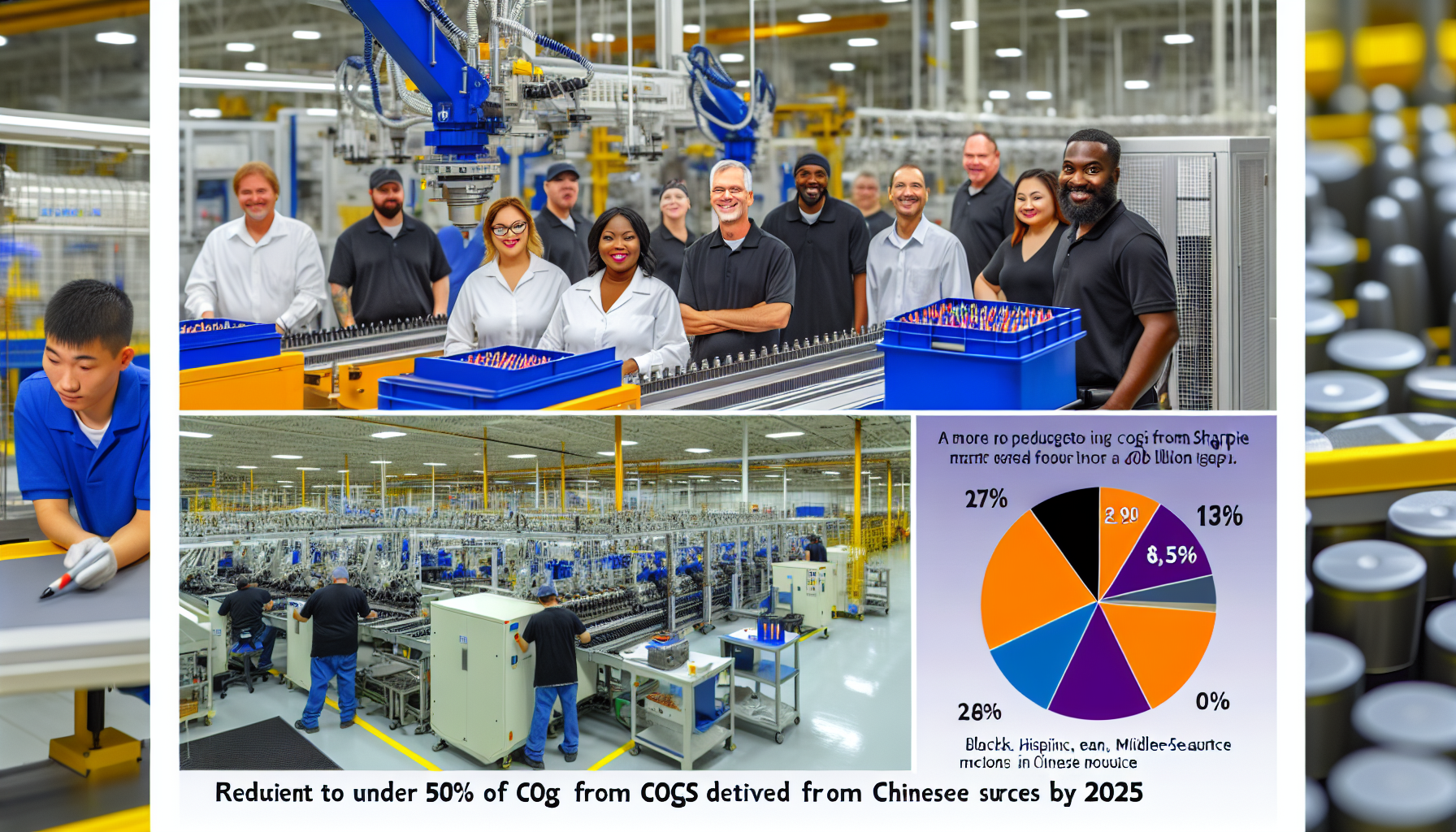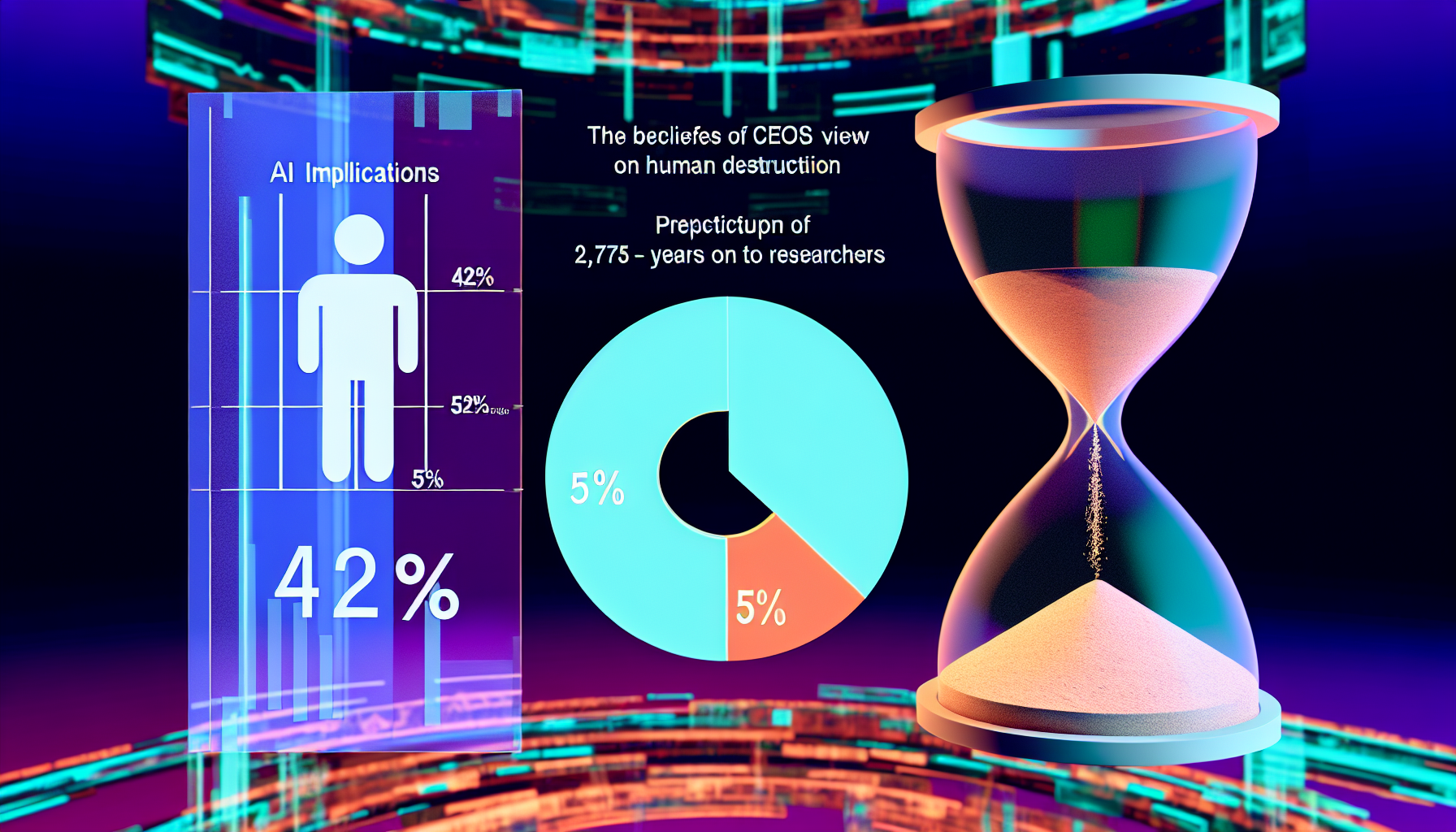As artificial intelligence spreads into classrooms and hiring pipelines, U.S. students are rethinking college value in real time. A September 2024 survey of over 1,000 students found only 34% rate a degree as “high” value, underscoring growing skepticism on campuses.[3] At the same time, entry-level openings in tech, finance, and consulting have fallen 33% since 2015, narrowing pathways into the very careers many degrees are designed to unlock.[1]
Key Takeaways
– shows only 34% of U.S. students rate a degree as high value, while 82% worry about costs and 61% used AI tools.
– reveals entry-level openings in tech, finance, and consulting fell 33% since 2015, intensifying questions about college ROI amid automation.
– demonstrates 55% of students believe overuse of AI devalues education and 52% report negative academic impact; only 18% prefer AI-built courses.
– indicates 70% of U.S. adults still see a bachelor’s as valuable, yet perceived value slipped about 5% year over year; 58% expect fast payoff.
– suggests AI-skilled graduates are outliers, with $190,000–$260,000 base salaries, some packages above $1 million, and 12% year-over-year base increases.
How AI’s job‑market squeeze is reshaping college value
Revelio Labs’ analysis, reported in June 2025, shows entry-level postings in tech, finance, and consulting are down 33% since 2015, a prolonged contraction that forces graduates to compete for fewer roles and intensifies scrutiny of the degree’s return on investment.[1] Employers “value experience over credentials,” a shift that advantages candidates with internships, apprenticeships, and demonstrable project work over those with classroom learning alone.[1]
Automation and AI adoption are accelerating that change by streamlining early-career tasks and enabling leaner teams, making conventional “foot-in-the-door” jobs scarcer for new grads.[1] Even where opportunities exist, hiring for entry-level roles is growing more slowly, and demand is concentrating around specialized AI skill sets rather than generalist credentials.[5]
Students and adults diverge on college value metrics
Student sentiment has cooled. In a September 2024 survey of more than 1,000 U.S. higher-ed students, only 34% rated a degree as high value, 82% expressed moderate-to-extreme concern about costs and debt, and 61% reported using AI in coursework.[3] The mix suggests students are weighing rising costs against ambiguous entry-level prospects and experimenting with AI tools, even as they worry those tools may undercut the distinctiveness of their work.[3]
Adults overall remain more bullish, though softening. A Lumina–Gallup poll of nearly 14,000 adults (surveyed October 2024) found 70% view a bachelor’s as “extremely” or “very” valuable, but perceived value slipped about five percentage points year over year, and 58% expect the degree to pay off within five years.[2] That expectation compresses the timeline colleges have to demonstrate labor-market relevance.[2]
Together, the data point to a widening perception gap: students inside the system report lower college value amid cost pressures and AI disruption, while the broader public still believes degrees open doors, albeit with diminishing enthusiasm.[2] Rising expectations for faster payback add urgency to align programs with employment outcomes students can see and quantify.[3]
AI in the classroom: when tech erodes college value
Students are also scrutinizing how AI is used in instruction. A 3,800-student survey across 16 countries found 55% believe overuse of AI devalues education, and 52% say AI had a negative impact on their academic experience.[4] The concern is not about exposure to AI per se, but about overreliance that flattens learning, feedback, and originality—traits students equate with the value they’re paying for.[4]
Perceived quality matters: courses created primarily by AI scored poorly, with only 18% of students finding them more valuable than traditional instruction.[4] To protect college value, institutions will likely need to pair AI tools with human-led design, frequent instructor feedback, and authentic assessments that emphasize applied, original work rather than AI-generable outputs.[4]
Outliers at the top: AI salaries and the credential calculus
The top of the market tells a different story. AI-skilled recent graduates are commanding entry-level bases between $190,000 and $260,000, with some total compensation packages topping $1 million and base pay up 12% from 2024 to 2025.[5] Those numbers reshape perceptions of which credentials and skills deliver outsized returns—and they showcase a path where college plus frontier AI skills can pay off extremely fast.[5]
But this is an apex, not the average. While compensation for AI roles surges, entry-level hiring overall has grown more slowly, and employers are funneling demand toward scarce AI expertise rather than expanding opportunities uniformly across graduating cohorts.[5] The result is a bifurcated market: exceptional returns for a narrow slice of AI-proficient graduates and tougher sledding for everyone else, keeping aggregate college value under pressure.[5]
Costs, debt, and timelines: recalculating college value
Costs weigh heavily on student math. In the 2024 VitalSource survey, 82% of U.S. students reported moderate-to-extreme concern about higher-education costs and debt, a majority that frames every discussion about perceived value and payoff.[3] For many, the calculus is simple: if entry-level jobs are fewer or delayed, servicing debt becomes riskier, and the degree’s near-term ROI dims.[3]
Yet many adults still anticipate a quick return. In Lumina–Gallup data, 58% expect the payoff for a bachelor’s degree within five years, signaling a shorter patience window than in prior cycles and tightening pressure on institutions to deliver career-connected learning that yields measurable outcomes quickly.[2] Complicating matters, the poll recorded about a five-point year-over-year decline in perceived value, suggesting public sentiment could continue drifting without visible gains.[2]
What can restore confidence in college value?
Work-integrated learning can narrow the experience gap. Paid internships, apprenticeships, and employer-designed projects translate classroom skill into demonstrable output, aligning with employers’ stated preference for experience over credentials and directly boosting job readiness at graduation.[1] Embedding these elements in degree pathways can shorten time-to-first-offer and help stabilize perceived value among students who increasingly equate ROI with immediate employment outcomes.[1]
Instructional design also matters. Students respond poorly to AI-built courses; investments in human-led pedagogy, authentic assessment, and prudent AI use can sustain perceived rigor and originality.[4] Meanwhile, expanding AI literacy—prompting, model evaluation, and domain-specific applications—can help more graduates tap the areas where salary growth is strongest, without reducing the curriculum to tool automation alone.[5]
Methodology and caveats when tracking college value
Surveys capture different populations and timeframes. Lumina–Gallup polled nearly 14,000 U.S. adults in October 2024, offering a broad public snapshot of perceived degree value.[2] VitalSource surveyed over 1,000 U.S. students in September 2024, reflecting on-campus sentiment about value, costs, and AI use.[3] The Digital Education Council study spanned 3,800 students across 16 countries, indicating caution when generalizing classroom AI impacts solely to the U.S.[4] Labor-market indicators show a 33% decline in entry-level postings since 2015, contextualizing ROI pressures.[1] Compensation data for AI roles highlights top-of-market outcomes rather than typical graduate experiences.[5]
Sources:
[1] The Washington Post – New graduates question their degree as they face tougher job market, AI: https://www.washingtonpost.com/business/2025/06/26/graduates-degree-value-job-market-ai/
[2] NPR – Americans without a degree still believe in the value of college, a new poll says: https://www.npr.org/2025/04/09/nx-s1-5342479/survey-college-degree-associate-bachelors
[3] VitalSource (GlobeNewswire) – New Report Reveals Only 34% of Higher Education Students See High Value in a College Degree: https://www.globenewswire.com/news-release/2025/03/05/3037440/0/en/New-Report-Reveals-Only-34-of-Higher-Education-Students-See-High-Value-in-a-College-Degree.html
[4] Inside Higher Ed / Times Higher Education reporting – Students Worry Overemphasis on AI Could Devalue Education: https://www.insidehighered.com/news/tech-innovation/artificial-intelligence/2024/08/09/college-students-fear-overreliance-ai-could
[5] The Wall Street Journal – These AI-Skilled 20-Somethings Are Making Hundreds of Thousands a Year: https://www.wsj.com/tech/ai/ai-jobs-entry-level-salary-ab2a11c0
Image generated by DALL-E 3











Leave a Reply